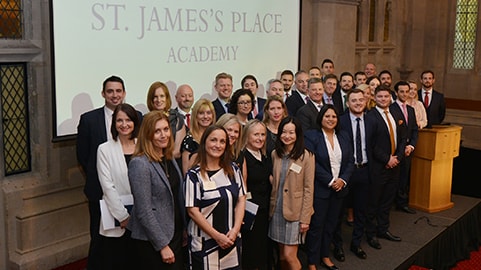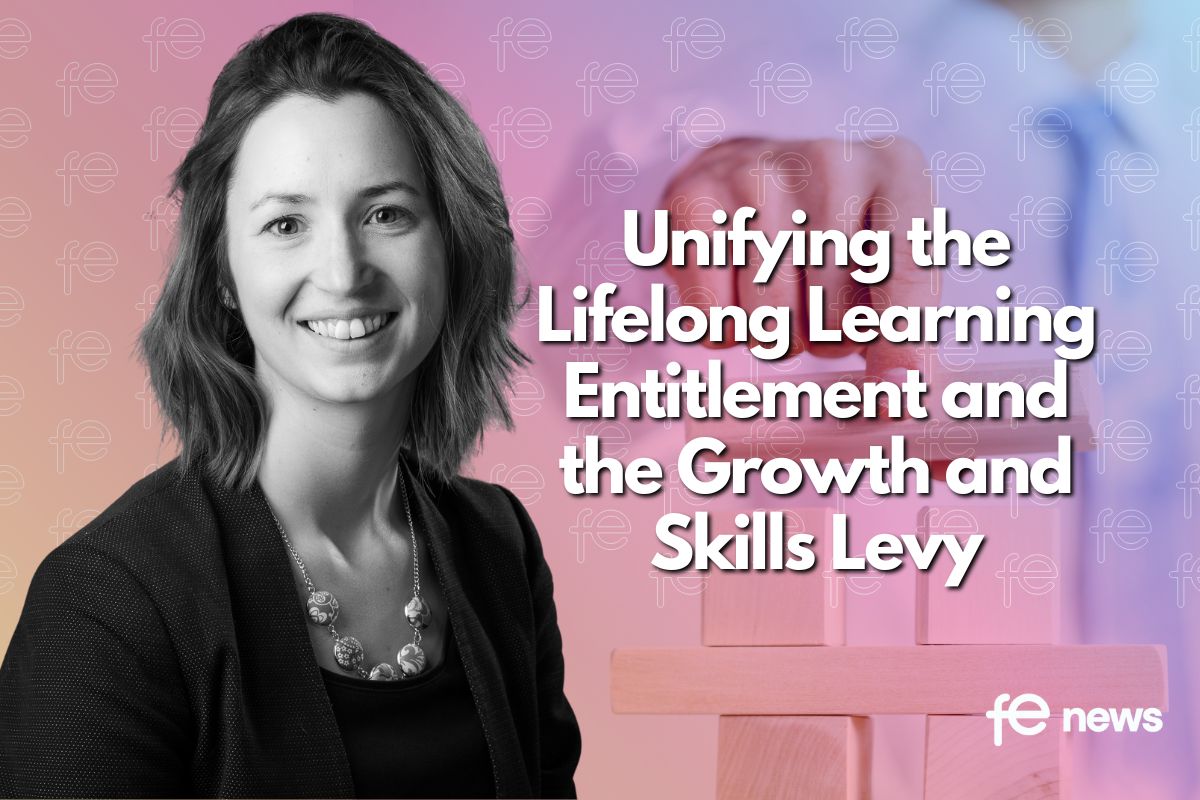St. James’s Place to host virtual financial services ‘Work Experience Week’

St. James’s Place (SJP) will be hosting a #virtual ‘Work Experience Week’ to coincide with half term week (26-30 October), available to students, wishing to learn more about a career in Financial Services.
Due to Covid-19 restrictions, many students have been unable to complete a work experience placement, so SJP has launched the virtual initiative to provide students with the opportunity to gain relevant and valuable experience. The week is open to students aged 16 years and above.
Throughout the week, students will be able to attend a variety of presentations and practical sessions designed to give them a greater understanding of SJP as a business. Delivered via Zoom by members of SJP’s Early Careers team, the sessions will introduce students to several of SJP’s departments such as investment management, finance and technology. Students will also learn about employability skills, as well as CV writing and application hints and tips.
Susie Pearson-Giddings, Head of Early Careers, said:
“We’re delighted to be hosting a virtual ‘Work Experience Week’ to give students the opportunity to gain insights and experience in the workplace.
“Choosing the right career path isn’t easy at the best of times and we know that job opportunities for young people have been hit by the pandemic. At this time in young people’s lives, gaining experience and understanding of the career options available can help point them in the right direction, so we hope this week will provide valuable support to students right at the start of their career journeys.”
At the end of the week students will receive a certification for their participation.
Rare, the Contextual Recruitment System, hardwires social mobility metrics into companies’ existing graduate and apprentice recruitment databases to allow firms to see the achievements of candidates, and the context in which those achievements were gained. Several factors, including postcode, school quality, eligibility for free school meals, refugee status and time spent in care are considered.











Responses